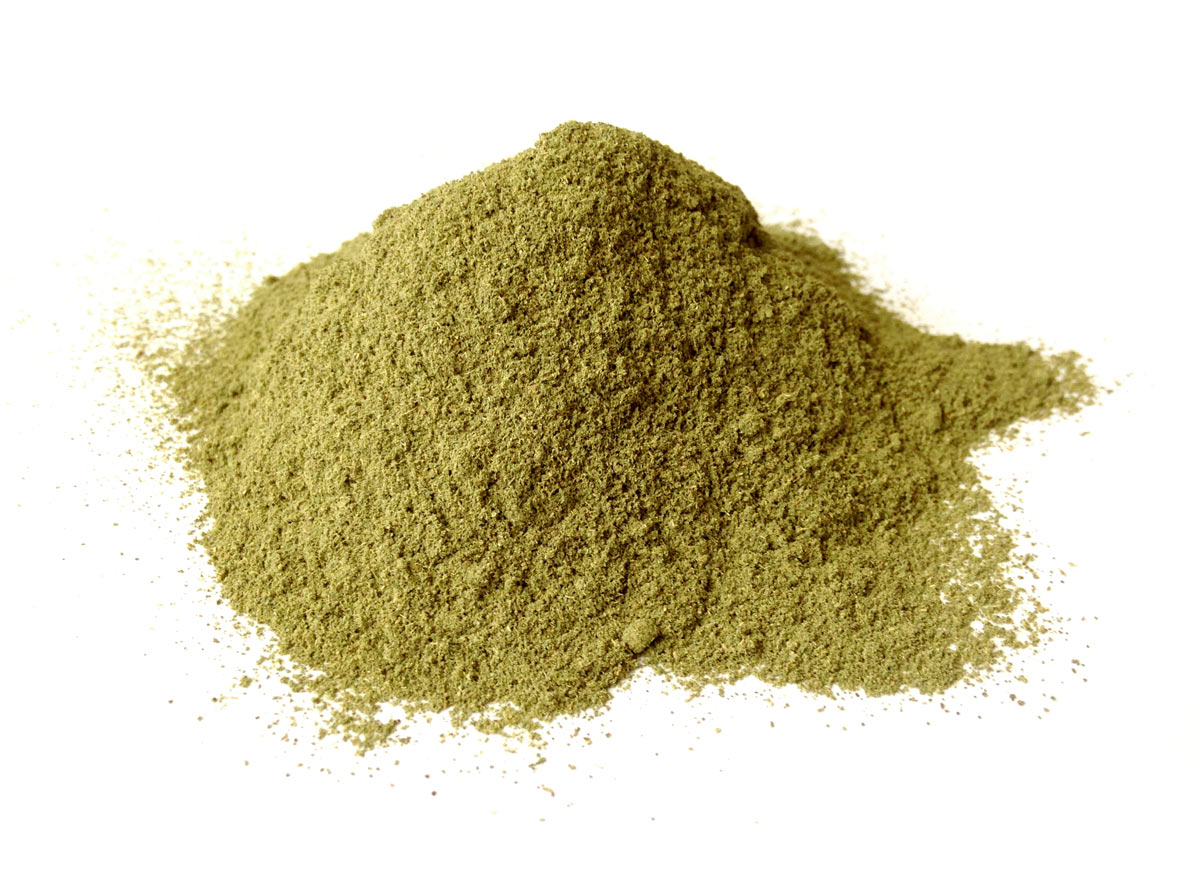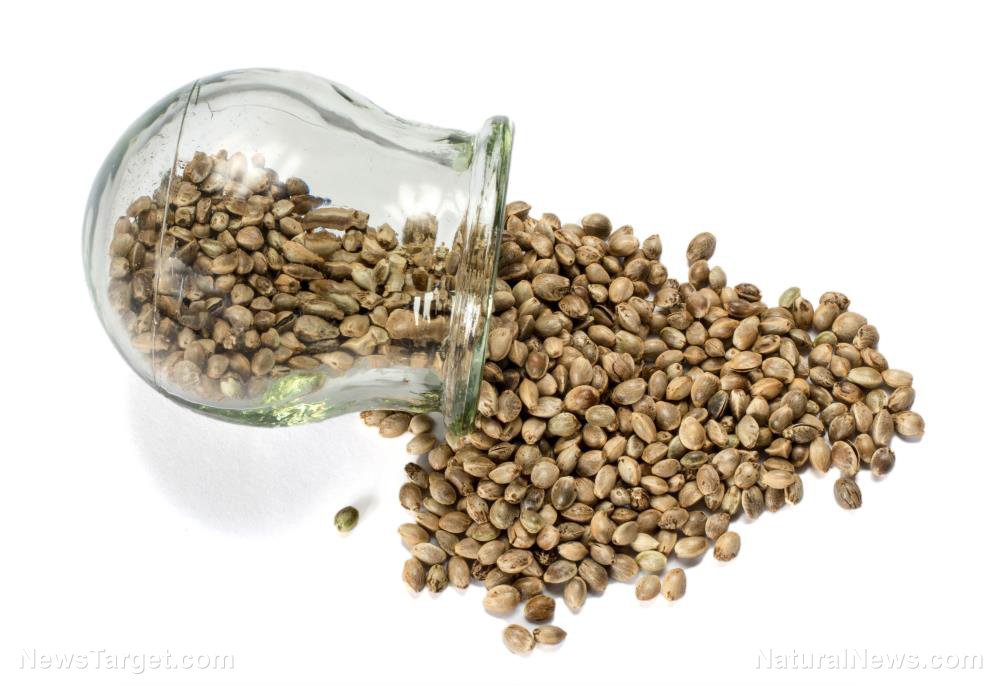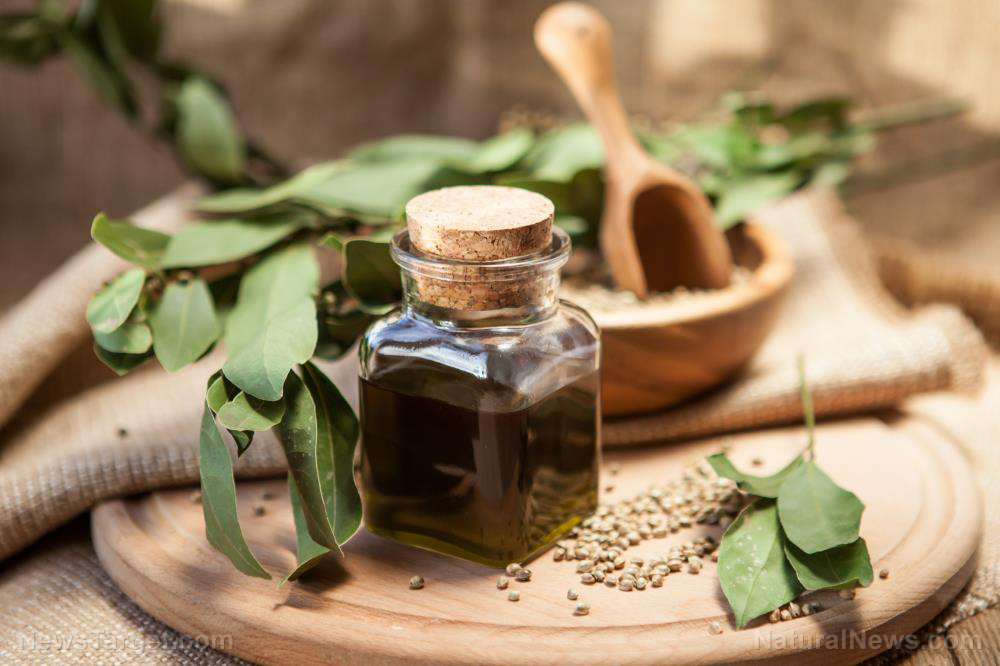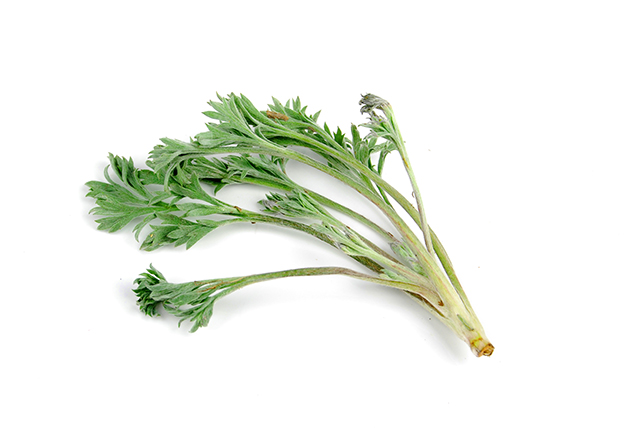Do you have this ancient, cancer-fighting medicine growing in your yard? Commonly considered a weed now, most people try to eradicate it
06/27/2019 / By Isabelle Z.
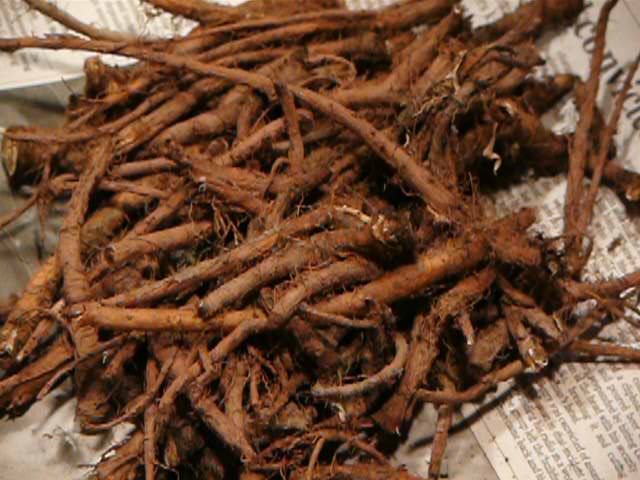
There’s a good chance you have an ancient medicine that is capable of fighting cancer in your yard – and it’s also quite possible that you regularly pull it out or mow right over it. Dandelions might look like weeds, but they could actually be the most valuable thing to ever grow in your garden.
This flowering plant, which may have originated in Eurasia, gets its name from the French “dent de lion”, which mean’s lion’s tooth, on account of its jagged, tooth-like leaves. Known for its high vitamin A content, dandelions have long been used to naturally prevent urinary tract infections as they can impede the growth of microbes within the urinary system.
The plant is known for its liver support, and its tea is often used for detoxification. However, it is the root of the plant that has been getting the most attention lately as its extract has been shown to offer anti-cancer effects. So far, it has killed cancer cells for cancers such as melanoma, pancreatic cancer, leukemia, and colon cancer in animals and lab settings. A phase 1 human clinical trial is already underway to explore its use in end-stage blood cancers like lymphoma and leukemia.
In one study from the University of Windsor in Ontario, dandelion root extract was shown to prompt human melanoma cells to kill themselves within just 48 hours, leaving nearby healthy cells alone. Meanwhile a study published in the International Journal of Oncology found that dandelion tea could reduce prostate and breast cancer cells.
In addition to its anti-cancer effects, dandelion root can also enhance heart health. Its extract can help treat blood acidity and high blood pressure, and the medicinal root can reduce blood cholesterol and help fat to break down. It can also inhibit inflammation, which is at the heart of many modern chronic illnesses.
How to get the health benefits of dandelion
Dandelion root can be found in capsule, liquid extract or tincture form, and it can even be roasted as a healthy coffee alternative. Although it’s possible to buy prepared dandelion root teas, if you have this plant growing in your yard, it’s quite simple to make the tea yourself. (Unless you use pesticides on your lawn.)
If you want to make your own dandelion root tea, dig the root of the plant up carefully and rinse it off, then chop it up or grind it finely. Food Revolution Network suggests that you use anywhere from half a teaspoon to a full teaspoon at a time, placing it inside a tea bag and steeping it in boiling water for 20 minutes. If you need to harvest a lot at once, you can dehydrate it and store it. They suggest drinking two cups of dandelion root tea per day.
Of course, you can also consume the greens. They’re great in salad, or you can add them to soup or even a smoothie to get more vitamins A, B6, K and C, along with calcium, riboflavin, folate, magnesium, manganese, iron and potassium, among other nutrients.
Stop letting this amazing cancer-fighting plant go to waste and start experimenting with ways to include dandelion in your diet for better health.
Sources for this article include:
Tagged Under: anticancer, blooc cancer, cancer, Dandelion, dandelion root, dandelion root tea, herbal medicine, Herbs, Homestead, leukemia, lymphoma, melanoma, natural medicine, prevention, remedies
RECENT NEWS & ARTICLES
PlantMedicine.News is a fact-based public education website published by Plant Medicine News Features, LLC.
All content copyright © 2018 by Plant Medicine News Features, LLC.
Contact Us with Tips or Corrections
All trademarks, registered trademarks and servicemarks mentioned on this site are the property of their respective owners.

